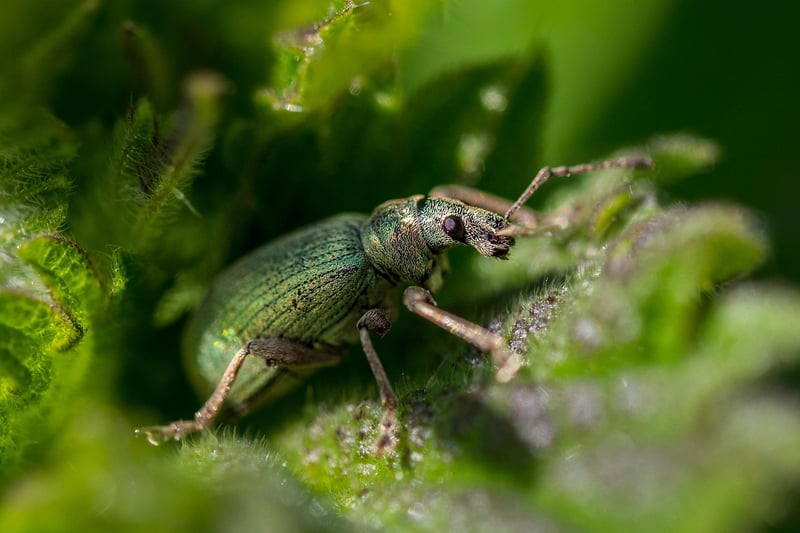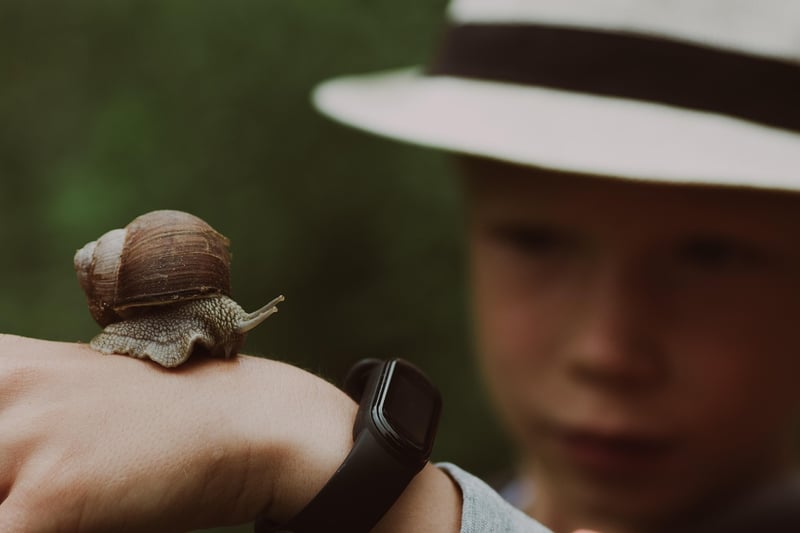Pest Control Methods
Keeping Your Garden Healthy: Pest Control Methods
Welcome to our guide on keeping your garden healthy and free from pests. A beautiful garden requires proper care and attention to ensure that your plants thrive and flourish. One of the key challenges gardeners face is dealing with pests that can damage plants and disrupt the ecosystem. In this article, we will explore effective pest control methods to help you maintain a healthy garden.
1. Identify Common Garden Pests
Before implementing pest control measures, it's essential to identify the common pests that may be affecting your garden. Some of the most common garden pests include aphids, slugs, snails, caterpillars, and spider mites.
2. Natural Pest Control Methods
Consider using natural pest control methods to protect your garden without harming the environment. Some effective natural pest control methods include:
- Companion Planting: Planting certain flowers and herbs that repel pests can help protect your garden.
- Beneficial Insects: Introducing beneficial insects like ladybugs and lacewings can help control pest populations.
- Neem Oil: Neem oil is a natural pesticide that can deter a wide range of garden pests.
- Diatomaceous Earth: This natural substance can be sprinkled around plants to control slugs, snails, and other pests.
3. Organic Pest Control Products
If natural methods are not sufficient, you can opt for organic pest control products that are safe for use in gardens. Look for products that are certified organic and specifically designed to target the pests affecting your plants.
4. Good Garden Practices
Practicing good garden hygiene can also help prevent pest infestations. Regularly remove weeds, fallen leaves, and other debris that can harbor pests. Proper watering and fertilization can also help keep your plants healthy and more resistant to pests.
5. Pest-Resistant Plant Varieties
Consider planting pest-resistant varieties of plants in your garden. These varieties have been bred to be less susceptible to common pests, reducing the need for chemical interventions.
6. Monitor Your Garden
Regularly inspect your plants for any signs of pest damage. Early detection can help you take timely action to prevent pest infestations from spreading and causing significant damage.
By following these pest control methods and maintaining a vigilant eye on your garden, you can keep your plants healthy and thriving. Remember that a balanced ecosystem with a variety of plants and beneficial insects can help naturally control pest populations.
Happy gardening!


